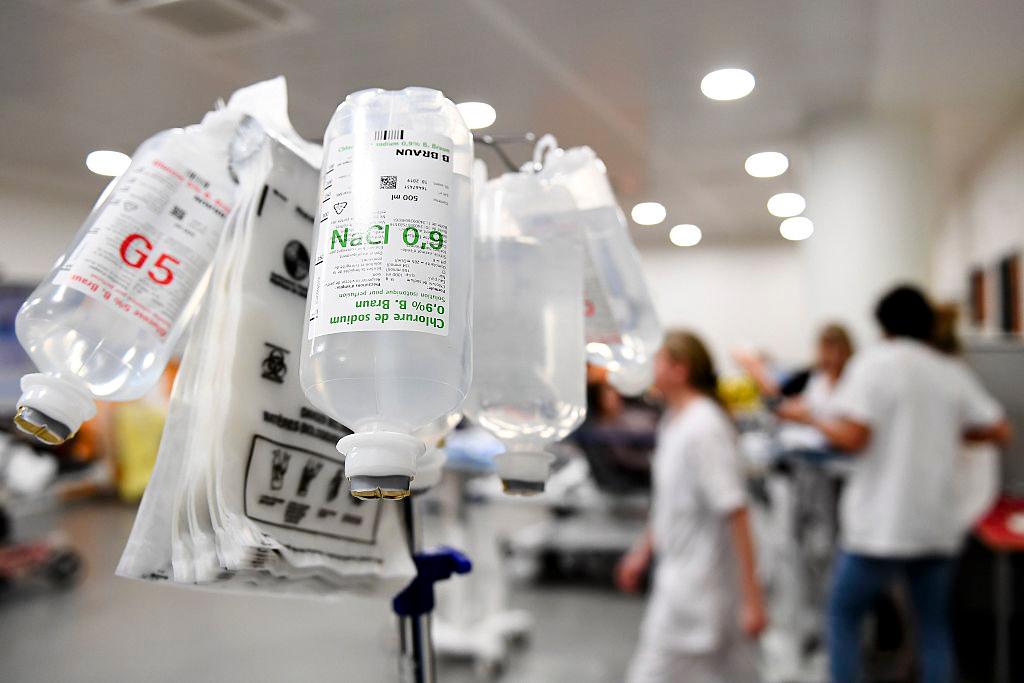Baxter International, the leading supplier of intravenous (IV) solutions to hospitals in the United States, said on Oct. 28 that it received approval from the Food and Drug Administration (FDA) to extend the expiry dates of its products.
Baxter temporarily shut down its North Cove manufacturing plant in North Carolina on Sept. 29 due to the impact of Hurricane Helene, which led to a shortage in the supply of IV fluids.





